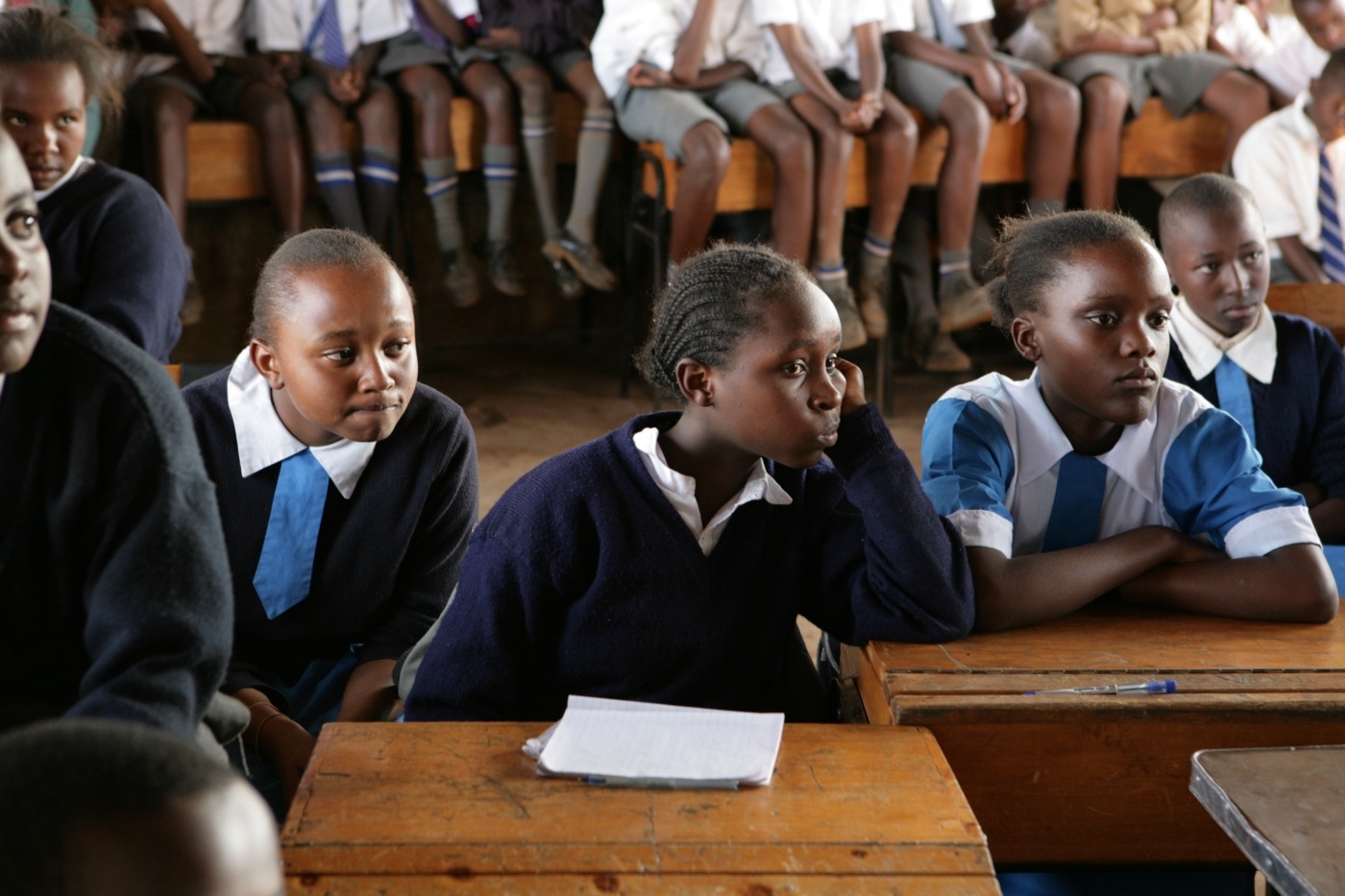How the the pandemic’s influence on FGM cases can be reversed
One of many concerning side effects of the Covid-19 pandemic is the reported rise in cases of female genital mutilation (FGM), particularly in Kenya, but also across East and West Africa. These conclusions were documented in a report from the Orchid Project, a UK-based charity which is working to bring an end to this barbaric procedure.
FGM is likely to have lifelong physical, phycological and economic effects for girls and women. Girls can die from various complications, including haemorrhage, contracting HIV, tetanus or septicaemia. This is often the result of using unsterilised tools during the procedure. Those who survive face a high prospect of emotional trauma, as well as a range of physical issues. This includes difficulties with menstruation or passing urine (often leading to chronic pelvic inflammation), cysts, abscesses, painful sex, increased chance of infertility and a plethora of increased pregnancy and childbirth related concerns.
Not only this, but FGM also limits a girl’s chances of receiving an education or having a career. The aforementioned health issues cause increased absences from school, which often turn into girls dropping out altogether. Access to education has helped many girls avoid being subjected to FGM, empowering them with the chance to become more than a young bride. As Domtila Chesang, founder of the I-Rep Foundation, explains: “the girls are normally protected and shielded by the fact of being in school, which is an alternative to marriage.”
Strict lockdowns have significantly restricted the opportunities for education to take place and left vulnerable girls stuck in their homes
Strict lockdowns have significantly restricted the opportunities for education to take place and left vulnerable girls stuck in their homes. In an interview with NPR, Ghati Alfons, founder of the Safe Engage Foundation, said that her usual menstrual hygiene class of 25 students had dropped to 17 by early December. Those eight missing girls had all undergone “the cut”, as FGM is often referred to, and two of them had also got married. Nine of the students who still attended that class had also recently been put through the procedure.
FGM is still celebrated in many communities, and girls facing the procedure are often incentivised with gifts – whilst also threatened with being cast out of the community and considered not worthy of marriage. As Nimco Ali, an activist who was herself subjected to FGM, explains: “These girls are not just being cut. They are also being forcibly married off. And a girl that has had FGM is worth more. It’s seen as an investment into the girl and her ability to be married off.”
Economic pressures exacerbated by the coronavirus have also fuelled the recent increase in this barbaric practice. FGM is essentially a pathway to young marriage – traditionally the communities in which it is practised see girls as a commodity, who should be sold to a husband as soon as is possible. Those who have undergone the cut are typically viewed as more valuable and thus families receive more money in return for their daughter’s hand in marriage. Additionally, as cutters make a profit from performing the procedure, some who had previously abandoned the practice have since returned, in light of economic pressures caused by the pandemic. As Ebony Riddell Bamber, from the Orchid Project, explains: “it was a way they could obtain income at this difficult time”.
Education should be the driving force for change, backed up by much stricter, more robust laws
In recent decades, anti-FGM laws have been put in place in several of the worst effected countries, including Kenya. However, there remain significant problems with enforcement, which have only worsened since Covid-19 diverted the attention of leaders and law enforcement. This is a matter of grave concern and in the wake of the pandemic, urgent measures must be taken to educate communities about the consequences of the practice. It’s about reversing deeply engrained ideas regarding the value of women: the issue of FGM must be tackled alongside discussion of child marriage. Educators need to explain the lifelong damage caused by FGM.
It is vital that this education not only lays out the traumatic impacts of the procedure, but also provides clear and constructive explanation of alternatives. As Ghati Alfons explains, many communities in which it is widely practised are living in “abject poverty” and think that subjecting their daughters to the cut and young marriage is the only option to make ends meet. Through emphasising the benefits of sending a girl to school and using her education to earn more money, activists and organisations can encourage a shift in community perspective. Gifts for FGM should also be discouraged, both saving communities money and removing incentives for girls to undergo the procedure.
Education should be the driving force for change, backed up by much stricter, more robust laws. In light of this recent rise in cases of FGM, governments need to be working with organisations, such as the Orchid Project, to actively tackle this problem.

Comments